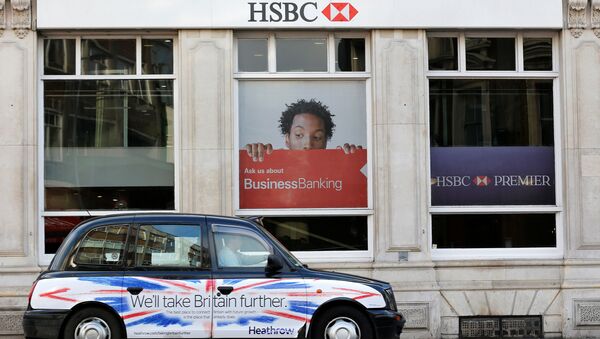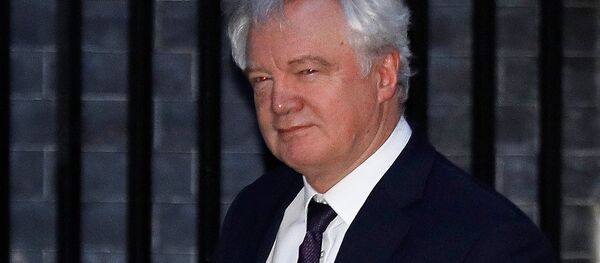All of the country's biggest lenders have passed the Bank of England's stress tests that will allow them to continue lending money to support the British economy even if there is a "cliff edge" exit with no agreement being reached with the EU.
It is the first time since 2014 that the seven major lenders have passed the evaluation tests — although the Royal Bank of Scotland, partly owned by the British taxpayer, and Barclays struggled.
The news came after the bank's key financial policy committee (FPC) published its bi-annual financial stability report on Tuesday, November 28, having assessed a variety of financial scenarios surrounding Brexit.
In an interview with Sputnik, Geraint Johnes, professor of economics at Lancaster University, said the Bank of England performed the stress tests in some pretty demanding conditions.
"These included testing resilience to a set of highly adverse economic developments. It included a 2.4 percent fall in global GDP and a 4.7 percent fall in UK GDP, house prices falling on one third, a large depreciation in sterling and a substantial rise in the UK bank rate (to 4 percent). The resilience of the banks has been assessed by examining the response, over a period of several years, of key financial indicators — measuring the ratio of capital to assets. All seven institutions pass the tests," the professor added.
While there is a lot of uncertainty surrounding the outcome of Brexit negotiations, taken together the set of adverse conditions assumed in the stress tests are quite extreme and should cover all eventualities, according to professor Johnes.
Risk Assessment
"The FPC continues to assess the risks of disruption to UK financial services arising from Brexit so that preparations can be made and action taken to mitigate them," the committee said.
The Bank of England is presently working on the assumption that Britain will leave the EU with some form of deal, and most likely a transition arrangement allowing the continuation of free movement of capital around the continent.
Risks from a cliff edge scenario, however, where the UK drops out without a deal, could cause problems which the FPC have been examining in detail to come up with suitable contingency plans.
Worst Case
The worst case scenario, the bank imagined, in the tests included a 33 percent fall in house prices, a rise in interest rates from 0.5 percent to 4 percent within two years, and the unemployment rate rising to 9.5 percent from its current rate of 4.3 percent.
Mark Carney, governor of the Bank of England, has warned that a disorderly Brexit coupled with a severe global recession as well as more multi-billion pound fines from global regulators could force it to reconsider its assessment.
"Consistent with the bank's statutory responsibilities, the FPC is publishing a checklist of the steps that would promote financial stability in the United Kingdom in the event of a no deal outcome. The FPC is taking action to ensure the financial system is resilient to a very broad range of risks so that the people of the UK can move forward with confidence that they can access financial services they will need to seize the opportunities ahead," the governor said.




